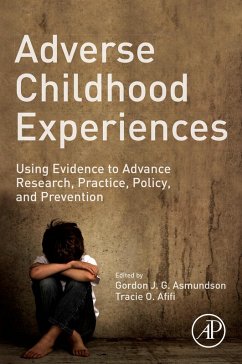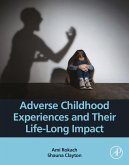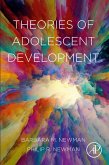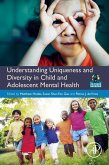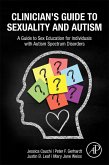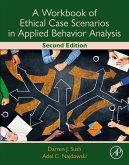- Reviews the past 20 years of ACEs research
- Examines ACEs and mental and physical health
- Discusses the neurodevelopment mechanisms of ACEs and psychopathology
- Examines ACEs and violence across the lifespan
- Reconsiders the definition and assessment of ACEs
- Examines the issue of routine ACEs screening
- Discusses ACEs from a public health and global perspective
- Summarizes effective ACEs prevention, trauma-informed care, and resilience
- Provides recommendations for the future directions of the ACEs field
Dieser Download kann aus rechtlichen Gründen nur mit Rechnungsadresse in A, B, BG, CY, CZ, D, DK, EW, E, FIN, F, GR, HR, H, IRL, I, LT, L, LR, M, NL, PL, P, R, S, SLO, SK ausgeliefert werden.
"This outstanding compilation is an indispensable reference for all researchers, clinicians and policy-makers engaged in work on adverse childhood experiences. It provides a history of the landmark ACEs Study and a scientific synthesis of the health outcomes of ACEs, while indicating how the original ACEs Study may inspire future development. The collection has a strong focus on public health and prevention, and embraces the imperative to use research to inform practice. A range of chapters consider issues spanning family environments to social settings, and consider issues from the neuroscience of trauma to resilience and growth. This book should help inform future research directions, clinical practice, and policy approaches to better prevent, identify and respond to childhood adversities." --Professor Ben Mathews, Director, Childhood Adversity Research Program, Queensland University of Technology, Brisbane, Australia; Adjunct Professor, Johns Hopkins University, Bloomberg School of Public Health

